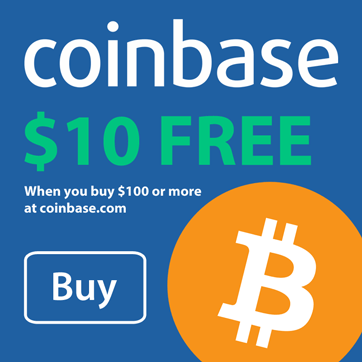Most of us know that real, organic links are very important when it comes to Search Engine Placement (SEP) (not to be confused with Search Engine Optimization, SEO). When a page uses a term (or “keyword”) to link to another page, typically the linking word is very contextually relevant to the content on the target page (meaning the target page is usually about whatever the subject is that linked to it). These links can link pages within a site to other pages within the same site (intra-site links) or they can link pages in one site to pages in other sites (inter-site links). Both types of linking have different effects on Google’s “super-secret” ranking algorithm.
Here’s where things get sticky
It’s all about relevancy, right? If you have Google Ads or Yahoo Ads on your site the “ad engine” will scrub your site for keywords and will match what it thinks is contextually relevant to your page, then present a list of links that are contained within a box. Simple concept, simple for the web developer to implement, but not as simple for the ad engine (as evidenced by off-topic ads showing up quite frequently).
What’s even MORE direct than having an “ad panel” on the page is directly linking words to relevant content. Instead of trying to figure out what the page is about, this type of advertiser simply hot-links the words that they’re interested in. Most of these companies will extend the traditional hyperlink styles to help differentiate the paid links from standard links; some do this with a double-underline, others with an on-page “window” that “pops up” when the link is moused over, some do both.
Others, like www.Text-Link-Ads.com simply sell links to words on your page, no special styling or behavior is applied to the paid link. That, I think, is what’s gotten Google’s feathers all ruffled up.
Google is reportedly dinging a page’s “Google PR” (page ranking) if they figure out that a page is selling links on that page; further, they don’t follow/index the linked page, either.
The Irony, Part One
Google makes their money by doing what? Oh, that’s right, by selling linked text; the same thing that they’re penalizing others for. True, Google does make a visual representation that the text is an advertisement block, and they’re not linking inline, but they’re still just selling linked text.
The Irony, Part Two
As evidenced by the image below, Google sells ad-space to people which are selling that which Google is now penalizing.
Proposals
So how can we fix this?
Everyone who sells inline ads (whether they’re Amazon-style, Kontera, or other “pop-up divs”; or simply linked text) should utilize the rel=”nofollow” tag and add a class=”paidlink” to all hyperlinks. Search engines can then decide if they want to follow these tags or not, and these types of links can all be styled to have a different look than standard links.
Additionally, the title tag should be used to signify that it’s a paid link, title=”(Paid Link) Link Title” (where “Link Title” is the contextually relevant description of the page being linked to).
Thoughts?
Related Article (hat tip to Mike Dopp for this): http://www.eweek.com/article2/0,1895,2207914,00.asp






Hello I was browsing Internet searching for Seo Placement and your blog regarding Google Hypocritical? came my way. Very interesting! You really do know your thing! I’m gonna bookmark you and come back in a few to see your new posting! Looking forward to! Cheers!